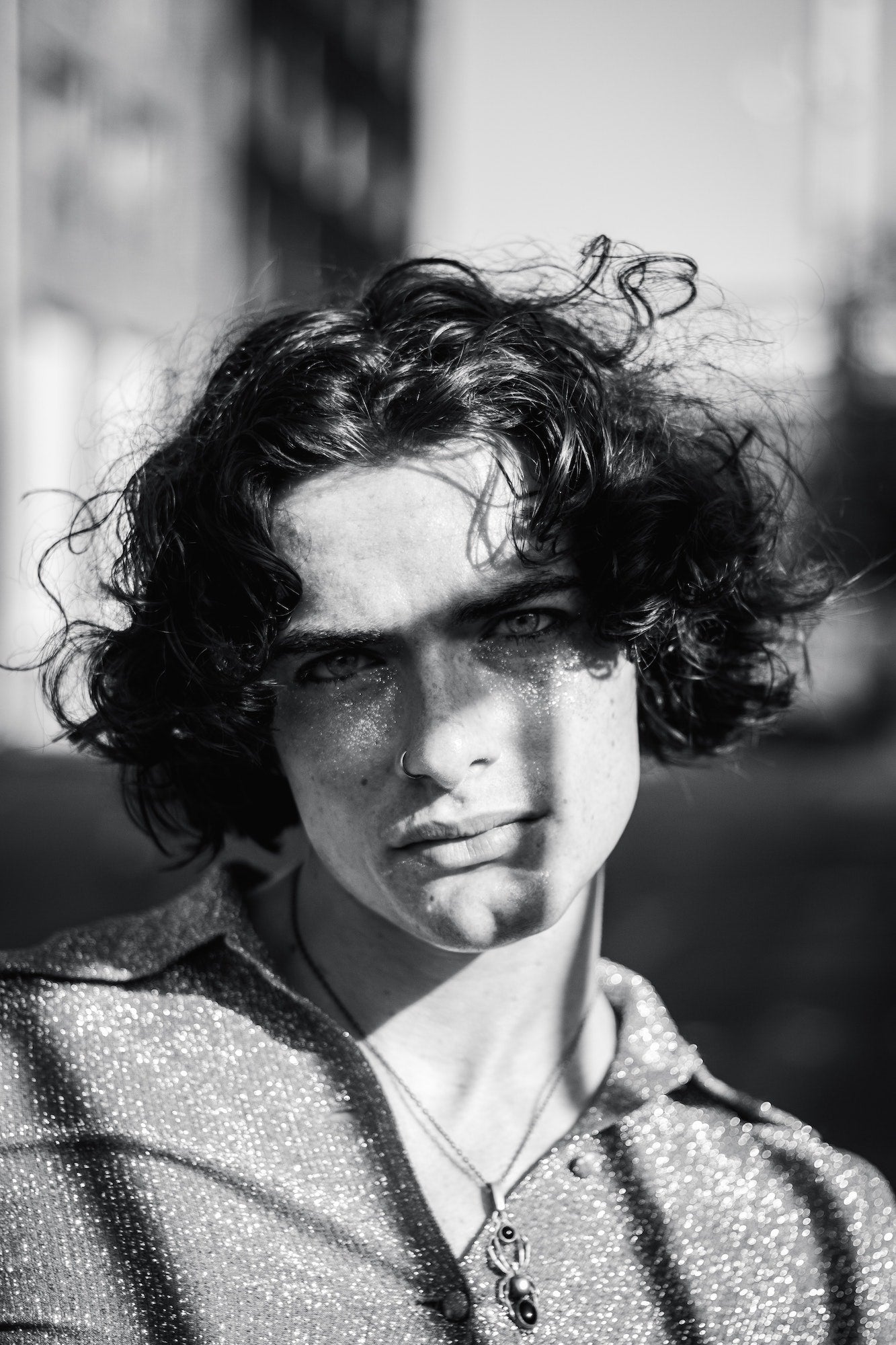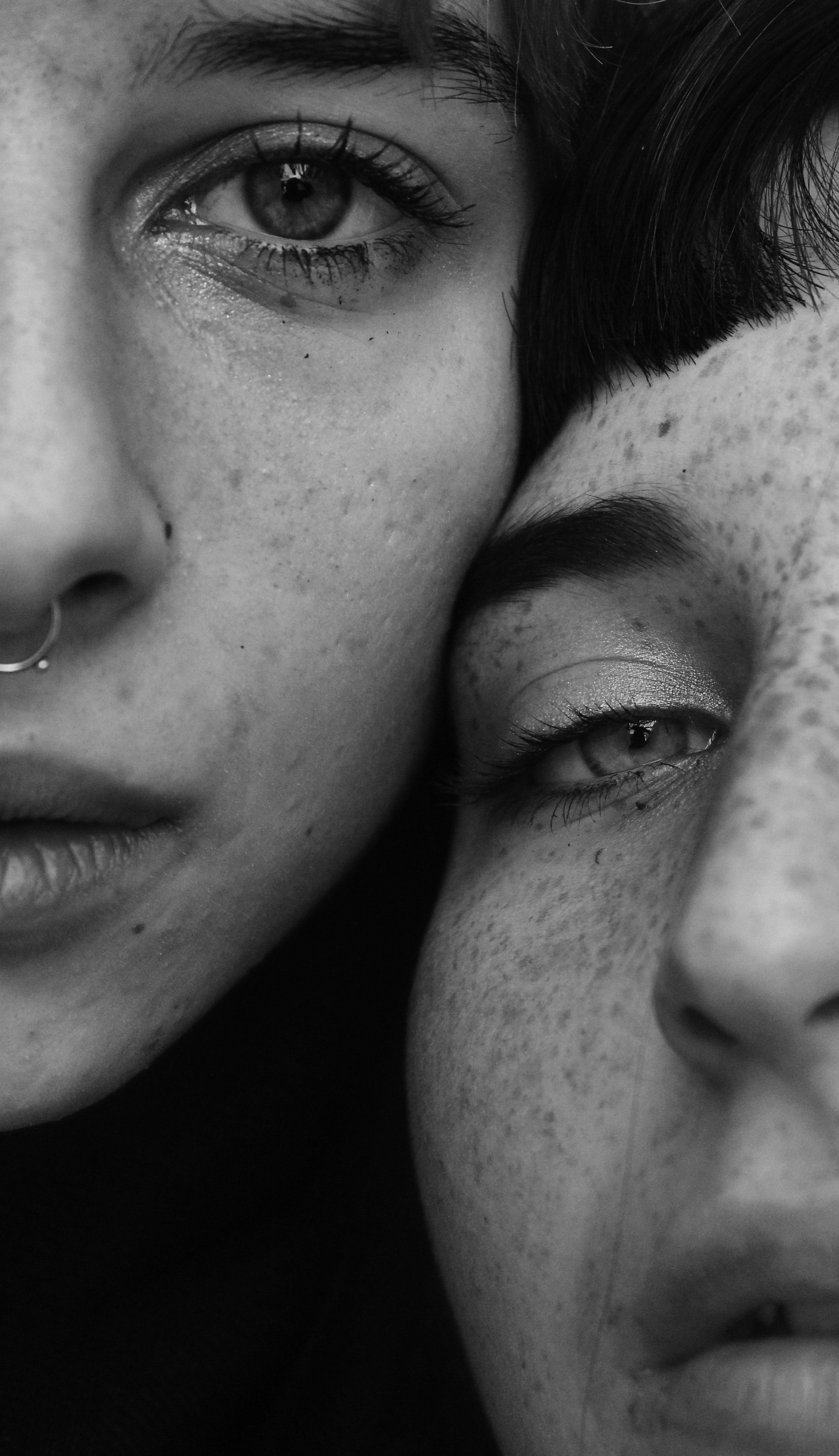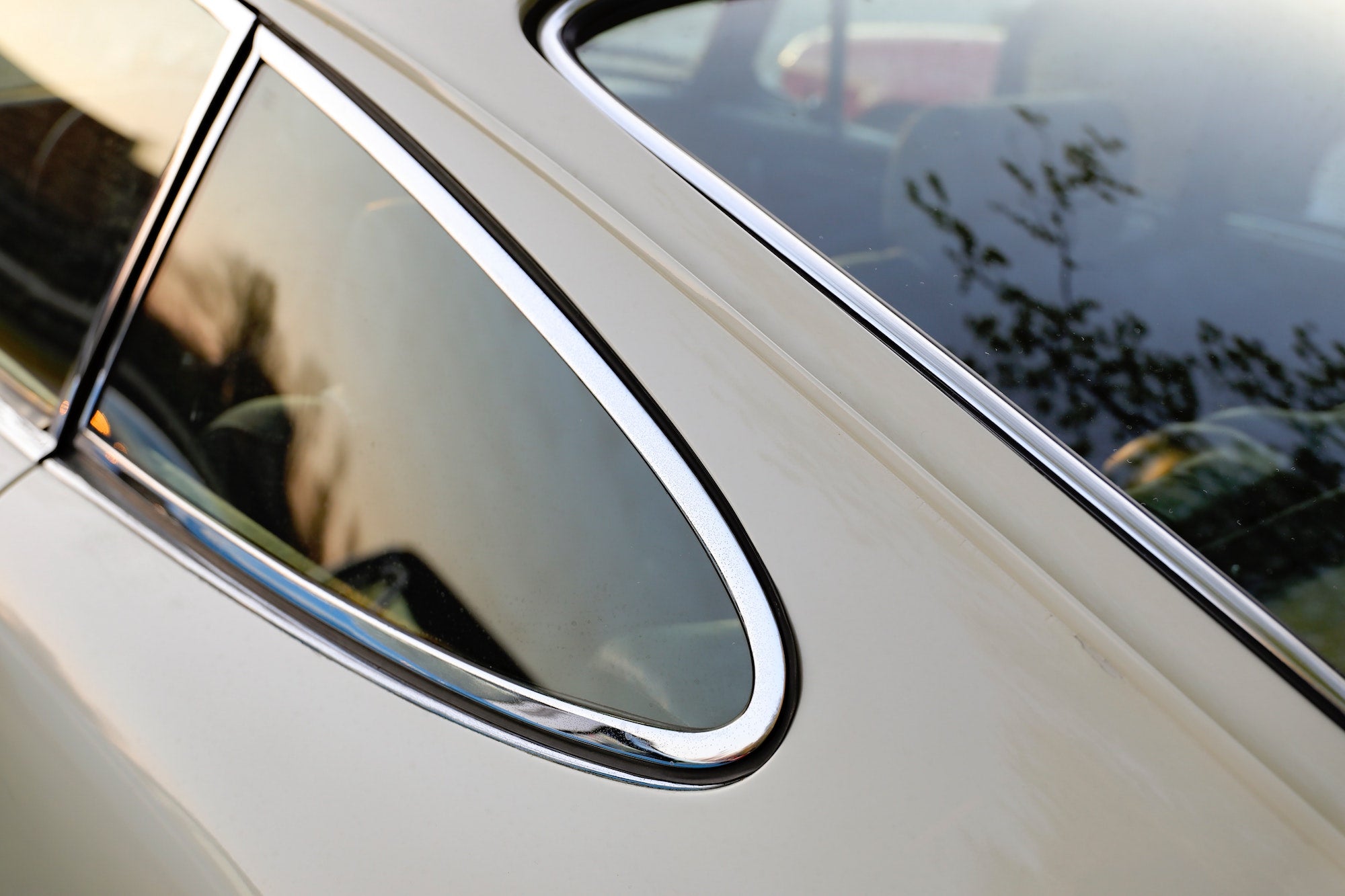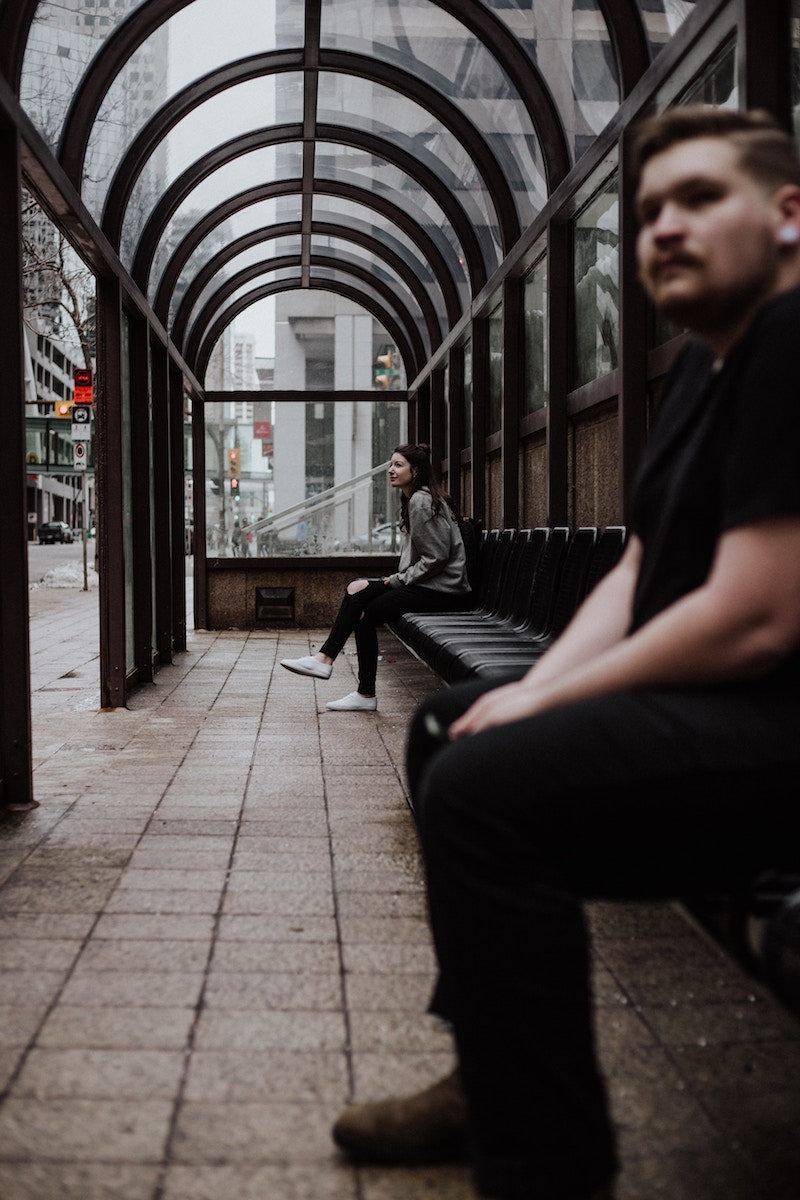Is Speed-dating back?

The getting-to-know-you practice predates dating apps—but not by much.
Though the average first date might run an hour and a half to two hours long, within the first 10 minutes, you probably have a fair gauge of how promising it will be. But that’s not necessarily what led Rabbi Yaacov Deyo, the creator of the first-speed dating session in 1998, to set that time limit. It was a matchmaking party at a Beverly Hills coffee shop, and in a loud, crowded environment, 10 minutes just seemed the easiest time frame to establish.
Deyo conceptualized the game with a few friends, according to The New York Times, and within a year, the practice had spread across the country. They had trademarked “SpeedDating” and considered filing a patent, but since the trend had expanded so rapidly, decided against it. After all, Deyo hoped that his idea would help people find love: “To see your actions unfold in a good way makes for a happier existence,” he told the Times.
Since then, speed dating has continued to cohabitate in the world with dating apps that provide a similar, but an ultimately distinct experience. Speed dating events are usually limited to specific age ranges (including one-speed dating event in upstate New York for 70-90-year-olds that was the topic of the 2014 documentary The Age of Love), and they’re often (but not always) restricted by further parameters: religion, political affiliation, favored hobbies, etc. Just like a person can set basic restrictions on their dating profile, so too can a speed dating event set up some guidelines, so singles can hope to walk into a room with at least a few viable matches. Typically, matches are made after the event, with organizers pairing people who have both selected one another—so you don’t have to deal with the awkwardness of rejecting a person after just 10 minutes (or the agony of being straight out ghosted on an app).
So is that constrained time frame enough? Science says it might be. According to data from the BBC, you can determine if you’re attracted to someone within 90 seconds to four minutes. Research from Stanford showed that conversation within the first four minutes of an encounter can also greatly determine whether each participant feels they “clicked.” On dates with men, women were more likely to “click” with a person who demonstrated empathy and demonstrated good listening—interrupting her not to change the topic, but to ask related questions or show a reaction to what they said. Men “clicked” most often on dates where the woman was the larger focus of the conversation—which researchers acknowledge could come as a surprise when gender stereotypes are considered. A 2018 study of speed dating among a sample of Asian Americans also found that “nice guys”—over men with greater social desirability—finished first.
All of this shows that speed dating, while in theory not too different from the constant swiping of a dating app, can help singles to connect in a way that they might not immediately be able to online. Nothing, it seems, beats face-to-face.



